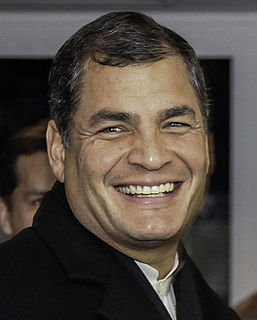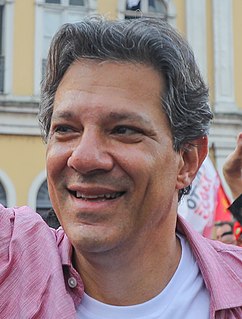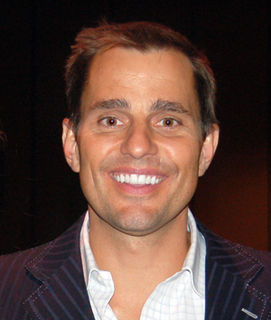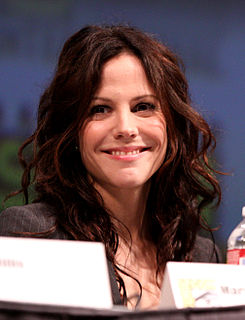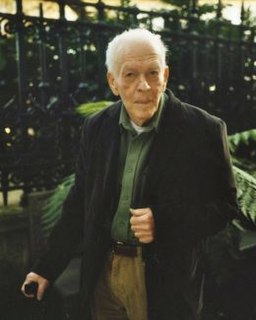A Quote by Ai Weiwei
Dictatorship is a story about death of others who turn out to be you coincidently.
Related Quotes
To be consistent with this discourse of lifting up the military dictatorship in Brazil, the dictatorship that extended from 1964 to 1985, Bolsonaro, his whole life, has been uplifting not only the dictatorship itself but also the methods that the dictatorship used to stay in power, including torture.
The fact that 'A Dirty Job' has comedy and supernatural horror in it, that both are woven in and out of it with a whimsical tone, despite the fact that it's about death, makes it hard to characterize with standard genre labels - but I have no problem with that. I'd call it a funny story about death, and leave it at that.
Usually I'm trying to turn something around or turn it inside out and see what's underneath. I know that probably sounds incredibly vague but I never set out to be likeable or funny or anything like that. I'm just trying to tell the story in the best way that I can and serve the writer because it's really about the writer.
As for comics, one has only to turn to the characteristic output of Marvel Comics, for the period from about 1961 to about 1975, to find not an expression of base and cynical impulses but of good, old-fashioned liberal humanism of a kind that may strike us today, God help us, as quaint, but which nevertheless appealed, in story after story, to ideals such as tolerance, technological optimism, and self-sacrifice for the benefit of others.
In any case, you read with exasperation or amusement the multiple errors in a story-and then turn the page to national or international affairs, and read with renewed interest as if the rest of the newspaper was somehow more accurate about far-off Palestine than it was about the story you just read. You turn the page, and forget what you know.
The story you envision as you start out is always a great story; when the facts turn out to be different from, or more complex than, what you expected, your first reaction is always disappointment. That's when you must fight the urge to bend the story to your preconceived notions. First, it's dishonest. And second, in the end, the truth is always the best story.
If you start parsing the cause-and-effect chain backward through time, eventually you land in cosmology - does the story begin with the Big Bang or the out-of-nothing creation of the world by the word of a Southern Baptist god? And that question is even more fraught than any of the others. The stakes couldn't be any higher, because not it's not just a question of life and death, but also a question of life after death or eternal torture after death.
In old interviews I was still worried about being judged. I think my life was about how can I keep myself in control. How can I just get through this and be okay? And, you know, you turn the corner. You realize that you're not imprisoned by your life or your circumstances or your genetics or anything. I really believe that we all have the ability to come out of our story. But you have to tell your story first in order to come out of it.

